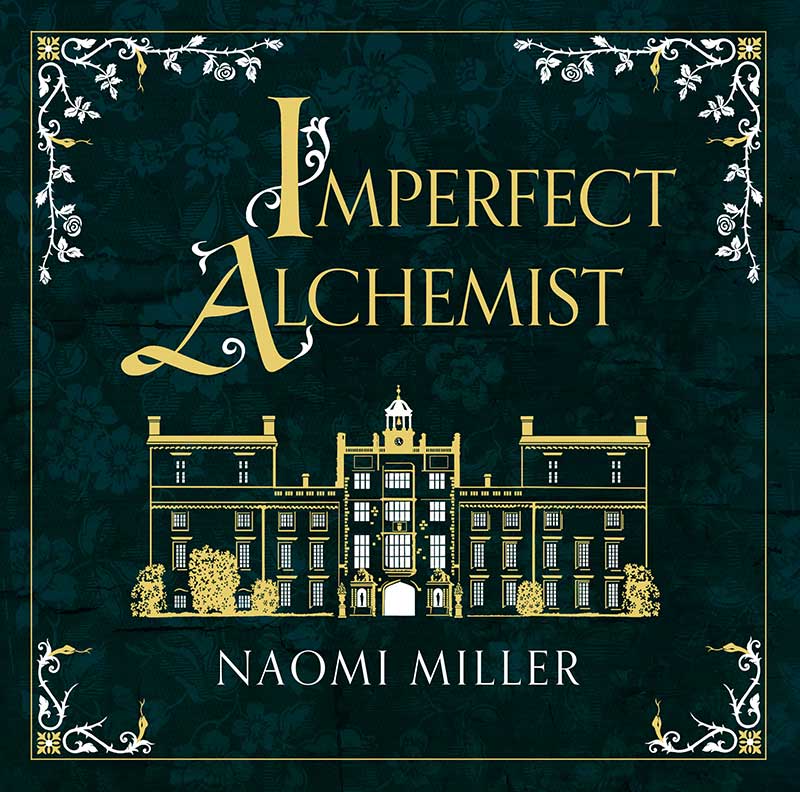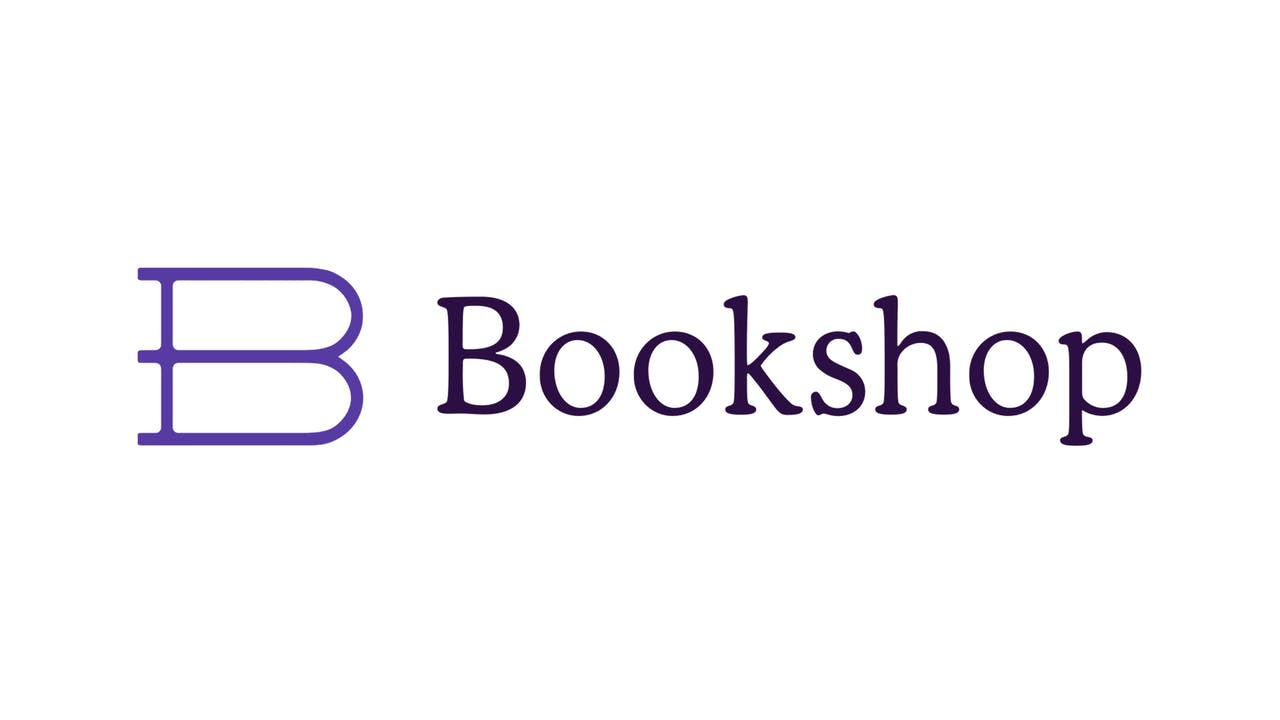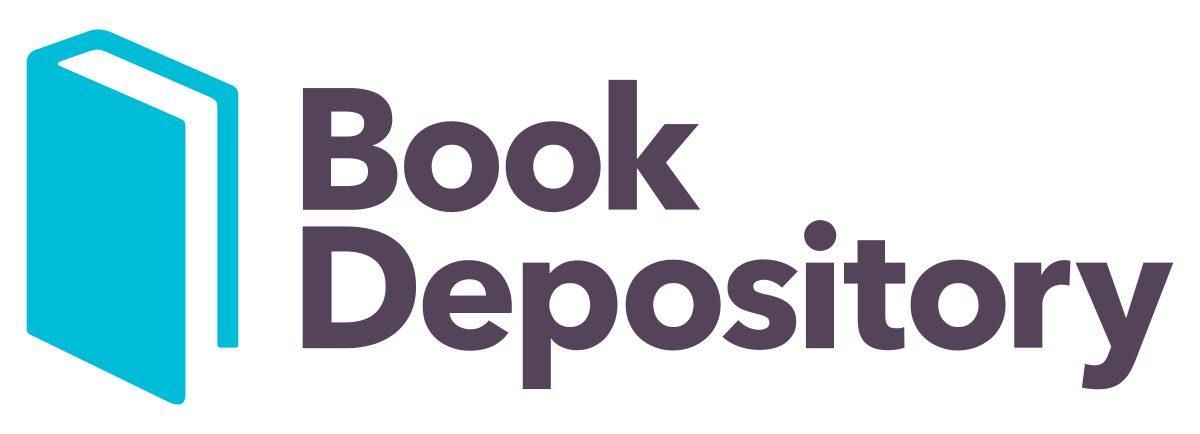Naomi Miller is descended on her mother’s side from a shogun in the Tokugawa period and on her father’s side from Dutch-English settlers who arrived in America at the time of the Mayflower. An award-winner author of books about Renaissance women, she is a professor of English and the Study of Women and Gender at Smith College, Massachusetts. Imperfect Alchemist is her first novel.
The Imperfect Alchemist audiobook will be available in the UK in December 2020.
Introduce us to Imperfect Alchemist.
Many popular novels about Renaissance women picture them in relation to powerful men – think of the wives of Henry VIII. By contrast, Shakespeare’s Sisters centres on women whose lives and voices both shape and are shaped by women. They broke the rules of their time while juggling many of the responsibilities and obstacles faced by women worldwide today.
How important is it to bring these early modern women authors to light? Why are they often overlooked?
I’ll never forget the thrill of reading the words of these early modern women authors for the first time in graduate school, and realising that the period that most fascinated me was inhabited by eloquent and courageous women authors who were known and appreciated by such fellow authors as Shakespeare and Ben Jonson. Just as I admired their works, I admired equally their bravery and spunk as they were both censured and censored by their society, and ultimately excluded from the literary ‘canon’ because of their gender.
How did you go about researching the historical setting and bringing the era to life?
I employed the scholarly techniques that have served me throughout my career for a new purpose – not to contextualize a literary study, but to create a world in which my fictionalised protagonists could live and breathe, labour and love. To create the form and texture of the time, I read historical studies documenting early modern clothes and food, source texts containing early modern recipes and medical remedies, letters and diary entries. Most importantly, I returned to the words and works of Mary Sidney Herbert herself.
Introduce us to Mary Sidney Herbert.
A member of one of England’s leading families, the Countess of Pembroke carved out space for herself as a daring and often controversial figure in a royal court riven by jealousies and intrigues. Her pioneering literary and scientific experiments challenged many of Renaissance England’s established conventions – one of the things that most strongly drew me to her. She was also a scientist, practicing alchemy in her private laboratory to prepare chemical and herbal remedies – the side of her that gives my novel its title.
What’s your favourite quality about her?
She used language to establish a space for herself in a society that was threatened by female achievement, and to support and enhance women’s voices. She was mentor to a cohort of women writers – including Mary Wroth, Aemilia Lanyer, Elizabeth Cary and Anne Clifford, all of whom will play lead roles in my Shakespeare’s Sisters series.
Did you discover any fun facts about Mary that you didn’t know before?
When she travelled abroad as widow, Mary took up shooting pistols and playing cards – activities certainly not deemed appropriate for a lady in England. That little detail, along with the fact that she took a much younger lover with her, gave me a whole new window into who she really was.
If you had to compare yourself to one of your Shakespeare’s sisters who would it be and why?
I have long identified with Mary Sidney Herbert’s niece and goddaughter, Mary Sidney Wroth. She was the first woman in early modern England to publish prose fictio, a work that scandalised the court. I was mentored on my path as a scholar by the late Margaret Hannay, the biographer of Mary Herbert and Mary Wroth, and I’ve regarded her as a mentor and guide in much the way that I see Mary Sidney Herbert serving as a mentor and guide for her goddaughter Mary Wroth.
How difficult is it to combine history with fiction?
It’s both a challenge and an opportunity. As a scholar and a teacher writing fiction, I found that I was almost too knowledgeable about my subject and too constrained by the rules of scholarship: don’t make assumptions and never make an assertion you can’t back up with evidence. But working as a novelist, that is precisely my job – to enter freely into the world of imaginative possibility, to listen to my characters, to employ evidence lightly as gold dust rather than heavily as blocks of marble.
What’s the dynamic like between Mary and her maid Rose?
Trained to serve and observe, Rose proves to be both a keen judge of character and a skilled artist whose drawings give new dimension to Mary’s own life and writings. Regarding the world around her with an artist’s sensitivity to the telling detail, Rose sees essential truths about others that Mary, for all her education and expertise, is liable to miss.
How important is it that your novel will be available in audio as well as traditional formats?
I’m a great fan of audiobooks, and I appreciate that they offer a differently nuanced mode of connection to any story. It’s enormously valuable to be able to listen to a book and become acquainted not only with the story, but with the different voices that together weave the web of the narrative.
What are you working on next?
I’m currently revising an early draft of what I intend as the second in the Shakespeare’s Sisters series, about Mary Wroth. It was actually the first novel I drafted, before turning to her aunt and godmother, Mary Sidney Herbert. Writing Imperfect Alchemist has offered a voyage of discovery back to Mary Wroth.





